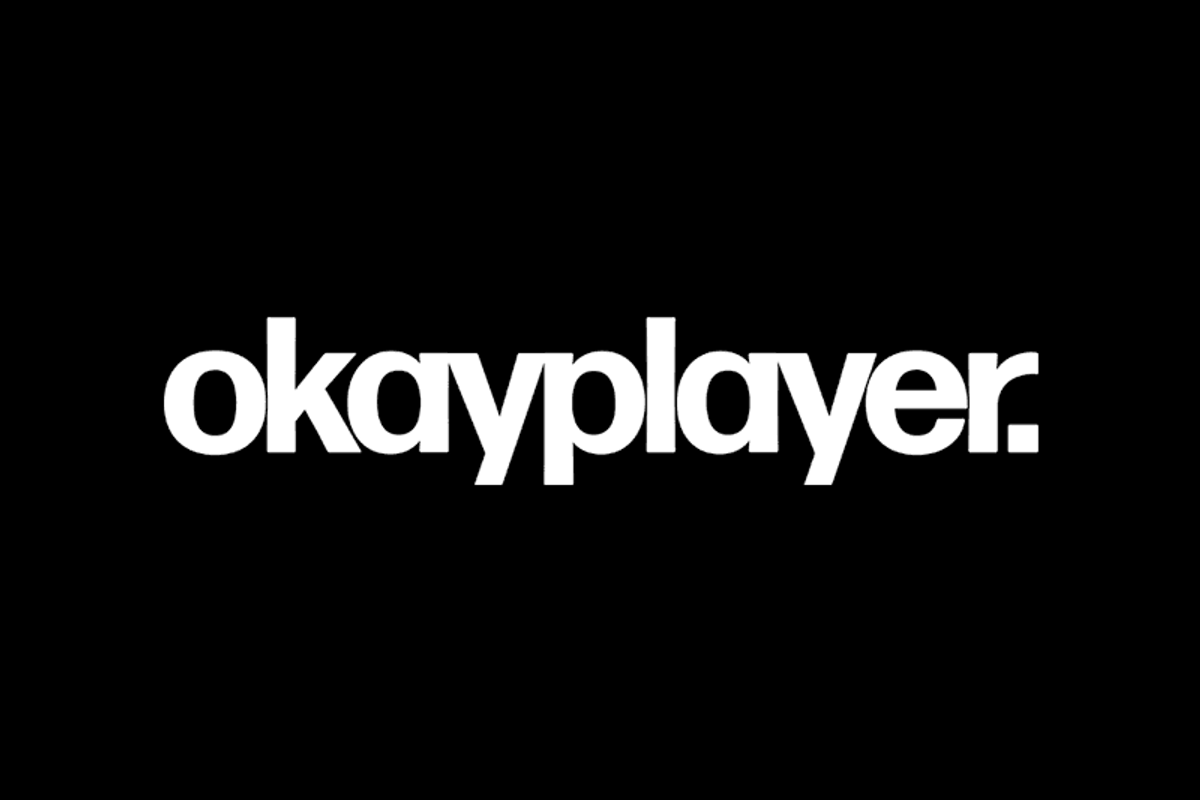
Russell Elevado, Ben Kane & Kendra Foster Speak On The Studio Magic Of D'Angelo's 'Black Messiah'

It's already been over six months since D'Angelo stunned the world and sparked what would be the greatest year in music in recent memory with the surprise release of his third studio album Black Messiah. And while the story of it's creation has been fairly well documented (not Voodoo Diary levels, but damn close) we'll gladly take some more backstory on the record that redeemed the soul music canon, and really, organically made rhythms the world over. A recent RBMA interview with the record's engineers (and honorary Vanguard members) Russell "The Dragon" Elevado, Ben Kane and Black Messiah co-writer/supporting vocalist Kendra Foster has brought even more context to the matter, divulging the many literary and musical entities that influenced the writing and recording of BM, as well as when they all met Mr. Archer and how the full roster of Vanguard-ers left their mark on such an important record. It's an expansive account of a period shrouded in mystery and you can read a few choice excerpts from it below. Just be sure you hit the link for the full script. For some more context, check out our DVD Extraz feature from the album's release.
>>>Read RBMA's Behind The Scenes Of D'Angelo's 'Black Messiah
Elevado on the Black Messiah's many influences:
"“Really Love” was really old. This was the first song he wrote for the album. I think he wrote it in 2001. The song went through a couple permutations. It was originally just a drum machine, then Questlove added some drums on it, and a couple years later, we put James Gadson on it. It went through three different drum things and guitars. “Prayer” was quite old as well. But there were a lot of songs that didn’t make it, just like on Voodoo. D’Angelo was listening to Funkadelic, David Bowie, Led Zeppelin, and The Beatles. He got more into The Beatles. To us, we considered Black Messiah to be like The Beatles’ White Album."
Foster on the creation of "The Charade":
“The Charade” is a special song. In 2011, we wrote it, and black men were getting shot down then, but it wasn’t making news. It wasn’t just about folks getting killed left and right, but other stuff like how you couldn’t get a cab and even though you go above and beyond to get all these degrees, you’re still not chosen for the job. When we were writing it, I came up with this melody, and after he approved the melody, I went ahead and wrote on the track. I almost wrote an entire song because sometimes I move really fast. When I called him and left the entire song on his voicemail, he called me back and said, “Something came to me.” It was an additional melody that we ended up using. It was the line, “All we wanted was a chance to talk.” I said to him, “Oh. That’s where you want to go with it. OK. This is going to be a revolutionary song. Alright then!”
Kane on the massive archive of tracks that didn't make the cut:
"And there are probably fifty songs in the archives that popped their heads up at different times, so there is no shortage of music. This album combined some things that had been around for a while like “Really Love” and some things that were newer. I think his future projects may have that, too. He can come up with amazing songs pretty quickly."
Foster on the different writers/activists that inspired D's lyricism:
"As we began, he was checking out James Baldwin and watching a documentary on Fran Lebowitz where they talked about Baldwin quite a bit. Also, D was checking out Dorothy Parker as well. She was so clever, witty, and biting with her words. Another thing was how well James Baldwin would describe the black experience in America and anywhere in the Diaspora. D said he wanted to write a song in the way James Baldwin would say it, but through Dorothy Parker’s voice. I told him I appreciated these type of brain challenges, because not only was I dealing with a beautiful piece of music before we started dealing with the words, but it was a cause that I wanted to champion by addressing the oppression and injustice black people were still facing in this country. We wanted to put it as eloquently as possible. We wanted to communicate it in a way that was so clever that it cut through. D’s inspiration for the song’s bridge came from a Dr. Martin Luther King, Jr. speech. I’m very proud of this song."